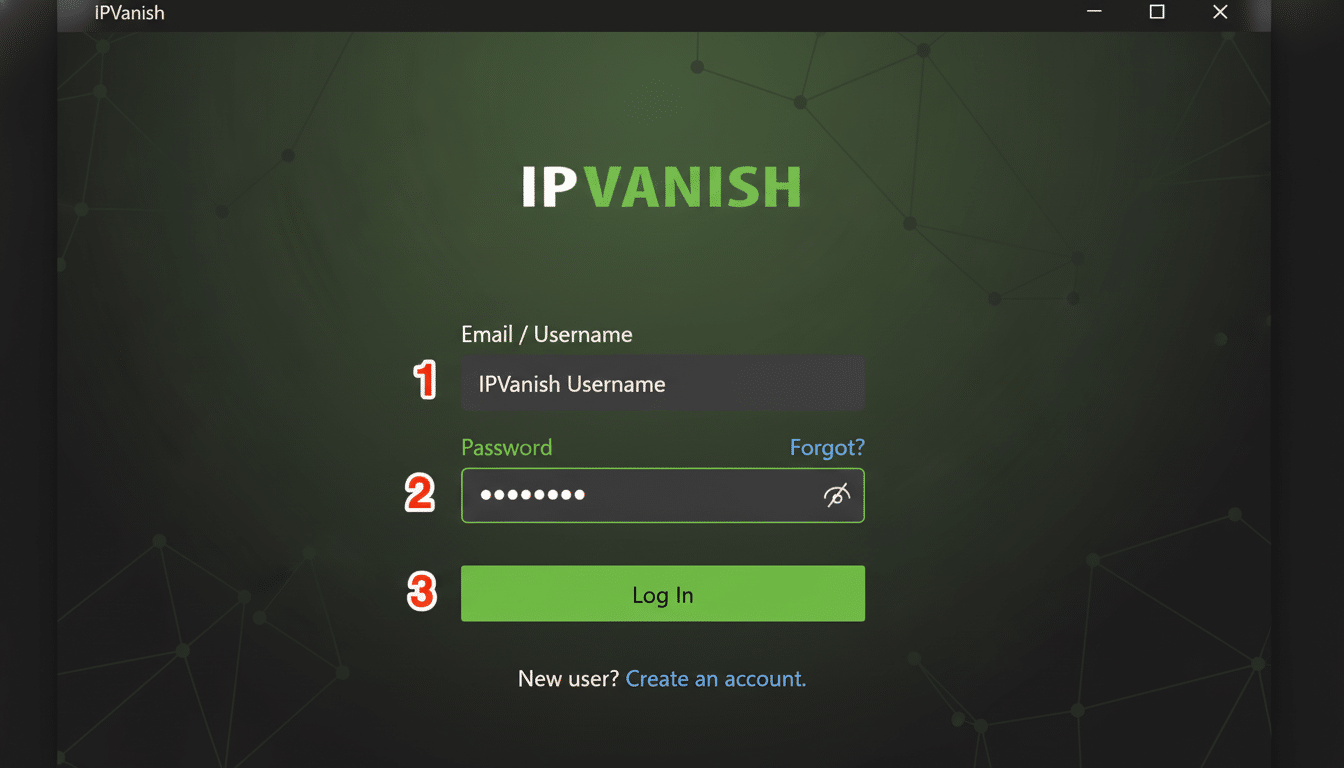IPVanish is moving to a model for its servers which stores system and session data in memory alone, without anything being written to persistent storage. The provider says these RAM-only locations are already live in 19 countries, and a full transition is planned by 2027 — putting it on par with some of its competitors that have shifted to diskless or “in-memory” deployments.
At the same time, it makes a lot of sense because without persistent storage, the chances of leaving log or config trace behind on hard drive is significantly reduced. That’s a change anyone could have seen coming, as more and more governments consider or expand their powers of censorship and surveillance; Freedom House continues to report year-over-year declines in internet freedom globally, and VPNs are the first line of defense for travelers, journalists, and the privacy-minded.

Why RAM-only matters
Conventional VPN servers use encrypted hard drives. Disks are robust but they carry with them a risk of persistence—artifacts can still be resident until overwritten or the server is securely decommissioned. RAM-only systems flip that model. At boot time, operating systems and configurations are loaded into memory; all data written during operation goes away when it is restarted. No reboot, no residue.
Real-world events underscore the benefit. There is no log, at least not one to speak of.”An investigation in Turkey seized an ExpressVPN server a few years back, but it could reportedly find nothing useful because the machine operated without round-the-clock logs. That case, frequently cited in privacy circles and by groups like the Electronic Frontier Foundation that advocate for online rights, is a classic example of how designs without states can thwart post-seizure forensics.
What’s changed under the hood
In a RAM based deployment all servers to boot from an read-only image and are configured during startup. There is no local swap file or disk for logs to silently fall onto, which would increase the desirable assertion that “if it works in one environment, it will work elsewhere long-lived machines. Need a patch? Redeploy the image and every server is back to square one — same build, same setting and less of chance at human error.
There are performance side benefits to this approach. Without the disk I/O, you can provision faster and also some workloads see reduced latency at high utilization. Many providers bundle these builds with configured kernels, few services, and holistic observability around health instead of user actions. Some datacenters also additionally facilitate memory encryption capabilities like AMD SEV or Intel TME which narrow the surface of attack for physical tampering at the hypervisor level, though implementations differ per location.
Threat models it fixes — and what it doesn’t
RAM-only Targeting Exploiting two of the most significant risks: physical confiscation and forensics_demolishing their associated defenses. When a server is unplugged or rebooted, so too does in-memory data disappear. It also would make it more difficult for a rogue insider to secretly turn on disk logging and leave traces for months.

But it’s not a cure-all. RAM-only won’t prevent real-time monitoring if a provider is forced to monitor a specific target, nor will it shield account-level metadata that exists outside the VPN tunnel (payment records or support tickets). It doesn’t guard a compromised device, prevent powerful adversaries from correlating traffic or bypass app-level telemetry. Good defaults — kill switch, protection against domain name system leaks, strong ciphers — and transparent policies still count. Court-proven claims and independent audits continue to be the best evidence that a no-logs claim is actually true.
How IPVanish compares to the competition
IPVanish’s change follows similar moves by NordVPN, ExpressVPN and Surfshark, which have all integrated RAM-only into wider security programs and invited external audits by the likes of PwC and Deloitte. The industry direction is clear: minimize data, standardize server images and validate claims through third parties.
Trust is earned, not declared. IPVanish had been criticized in the past after it wasc laimed the service provided connection data to U.S. authorities as far back as 2016 when it was under different ownership. The company has changed ownership since then and now claims a no-logs policy; RAM-only is an added safeguard that minimizes remnant data as much as possible. To remain as confidence as possible, watch for newly published transparency reports, information on colocation versus rented hardware and independent confirmation of the new architecture.
What this means for your privacy on a day-to-day basis
If you’re an IPVanish customer, you can already select RAM-only locations within the apps. The company says it has a dedicated filter now available on macOS and iOS, with further extensions to Windows, Android, Apple TV and Fire TV coming at an undisclosed later date. Expect parity as the rollout continues to new cities and countries.
For most users, it should pretty much work as before—perhaps faster under load for many, but otherwise the same. For operators working behind the wires, this change will lessen the chance that a hauled-off server spews forth historical session data from many years ago. Remember your more general operational hygiene: have a kill switch, update clients early and often, and do not eschew privacy-preserving payment methods if your threat model demands them.
What to watch next
IPVanish is planning on having a full RAM-only network by 2027 and is releasing location updates as it brings new regions online. The larger story though, is where the industry is going: diskless builds, reproducible server images, more colocation control and audits that shift focus from policy to technical proof. For users, that means simpler choices: choose providers that store less, demonstrate more and design for privacy irrespective of whether anyone is watching.

